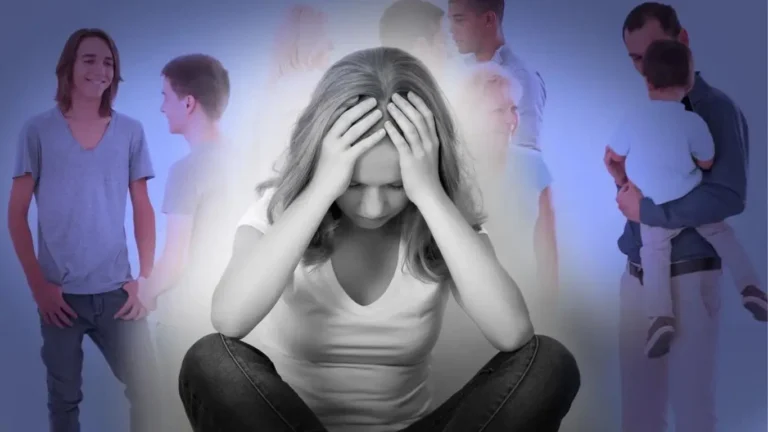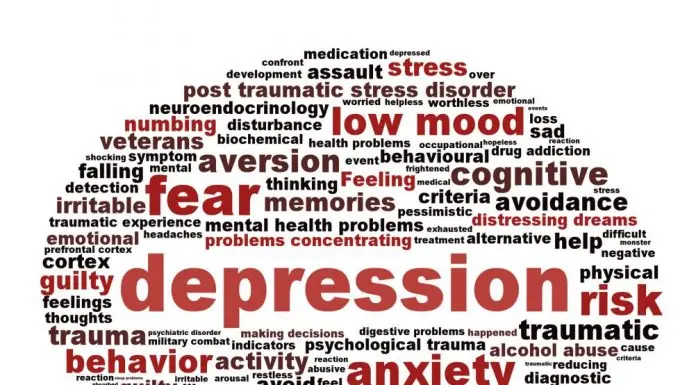Healing Together: The Power of Family Counseling in Overcoming Trauma in St. Petersburg, FL
Trauma can strike families in many forms, leaving deep emotional scars that might seem impossible to heal. In St. Petersburg, FL, McNulty Counseling and Wellness provides a guiding light to families grappling with the aftermath of traumatic events through specialized family counseling. Our approach helps families not only survive trauma but also thrive by fostering resilience and understanding among its members.
Understanding Trauma in Families Trauma within a family can arise from various events, each leaving its unique imprint on the family’s psychological well-being. Some common sources of trauma include:
- Sudden Loss: The unexpected death of a loved one can destabilize a family emotionally and psychologically.
- Accidents: Whether vehicular or other unforeseen accidents, the physical and emotional aftermath can impact the whole family.
- Natural Disasters: Events like hurricanes or floods, especially relevant in Florida, can create lasting trauma.
- Violence: Exposure to or being a victim of violence, including domestic violence, profoundly affects all family members.
- Health Crises: Severe illnesses or prolonged health issues can also be traumatic for the entire family unit.
Each of these events can challenge the stability and safety that family structures typically provide, leading to a range of traumatic stress symptoms.
Recognizing Signs of Trauma in Family Members
Recognizing the signs of trauma in family members is crucial for early intervention and effective treatment. Trauma can manifest in various ways, depending on age, personality, and the nature of the traumatic event itself. Below are detailed descriptions of how trauma may present itself in family members:
- Emotional Signs:
- Adults might experience persistent sadness, anger, or hopelessness, which can affect their personal and professional relationships. They may feel numb or detached, losing interest in activities they previously enjoyed.
- Children often exhibit fear, confusion, or excessive worry. They might become unusually clingy with parents or caregivers or show significant changes in their mood and general disposition.
- Adolescents could display more pronounced reactions, such as rebellion, agitation, or defiance. They may also struggle with feelings of guilt, particularly if they believe they could have prevented the trauma.
- Behavioral Changes:
- Adults may withdraw from social interactions or show decreased performance at work. Some might use alcohol or drugs as a coping mechanism.
- Children might regress in their development—bedwetting, thumb-sucking, or returning to behaviors they had outgrown. They may also start to act out in school or at home, reflecting their inner turmoil.
- Adolescents often change their peer groups rapidly and might engage in risky behaviors as a form of escapism or testing boundaries.
- Physical Symptoms:
- Adults frequently report unexplained aches and pains, such as headaches or stomach issues, which are not attributable to physical ailments. They might also experience changes in appetite and sleep patterns.
- Children may complain of physical symptoms like stomach aches or headaches, especially to avoid school or certain situations that remind them of the trauma.
- Adolescents might show changes in their energy levels, either appearing lethargic or hyperactive, and like adults, may suffer from disruptions in sleep and eating habits.
- Cognitive Effects:
- Adults could have trouble concentrating, making decisions, or remembering daily tasks. They might be plagued by intrusive thoughts of the trauma or have flashbacks and nightmares.
- Children often have a hard time focusing in school, which can lead to a decline in academic performance. They may also develop irrational fears or new phobias as a result of the trauma.
- Adolescents may exhibit a decline in their school performance. They might also question their life’s purpose or the meaning of existence, which can lead to existential crises or deep philosophical questions about fairness and justice.
Understanding these signs helps in acknowledging the need for professional help and can guide families in seeking timely and appropriate interventions through family counseling. Early recognition and treatment are key to preventing long-term psychological consequences and aiding in the overall recovery and healing of the family unit.
How Family Counseling Facilitates Healing
Family counseling provides multiple pathways to recovery, addressing the diverse needs of each family member while strengthening the family as a whole.
- Building a Supportive Environment: Counseling offers a safe space where family members can express their emotions and feel validated without fear of judgment.
- Enhancing Communication: Therapists work with families to improve communication skills, helping members articulate their needs and listen to each other more effectively.
- Managing Symptoms: Family counseling provides strategies to manage emotional and psychological symptoms associated with trauma, promoting healthier coping mechanisms.
- Resolving Conflicts: Trauma can lead to misunderstandings and conflicts; counselors facilitate discussions to resolve these issues, helping to restore harmony within the family.
- Strengthening Bonds: By facing their challenges together, families can deepen their connections, fostering a sense of unity and mutual support.
The McNulty Counseling and Wellness Approach
At McNulty Counseling and Wellness, we believe in a personalized approach to family counseling. Our therapists are skilled in trauma-informed care, ensuring that each family’s unique circumstances are respected and integrated into the healing process. We use evidence-based practices to help families in St. Petersburg, FL, navigate their recovery journey effectively. For more insights into how we approach family therapy, visit our dedicated page on family counseling at McNulty Counseling and Wellness.
Take the First Step Towards Recovery If your family has been affected by trauma, remember that healing is possible. At McNulty Counseling and Wellness in St. Petersburg, FL, we are committed to supporting families in their journey towards emotional and psychological recovery. Reach out today to begin the healing process. Contact us at 727-344-9867 or fill out our contact form to schedule your consultation. Together, we can restore the harmony and happiness your family deserves.







